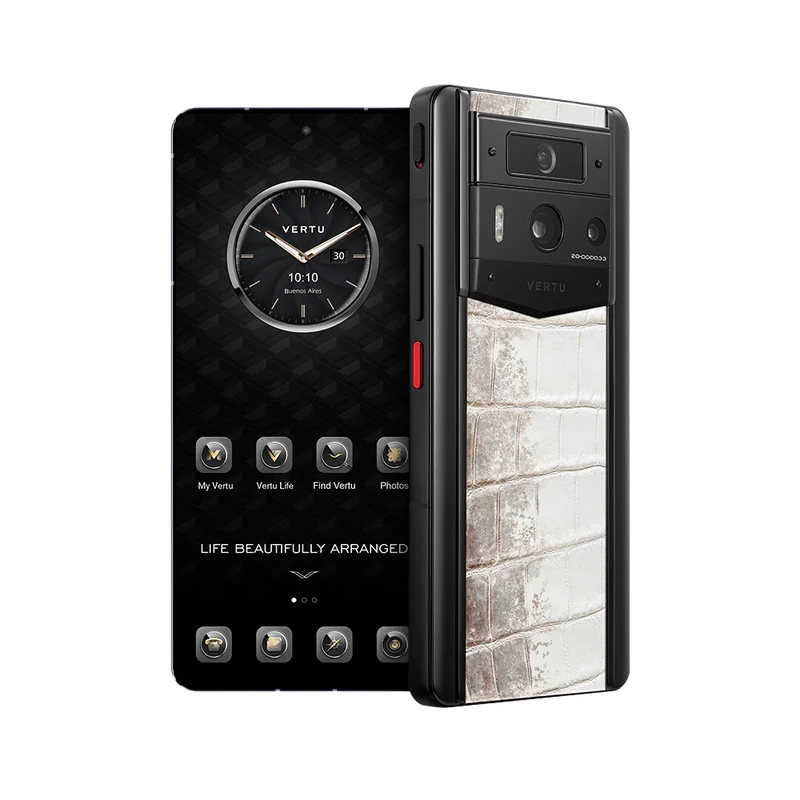At present, there are four popular family trust models in China, including trust company-led, private bank-led, trust private banking model and trust insurance model, different leading institutions, family trust services and effectiveness are not the same, today let us compare and analyze the four mainstream models.
The main differences between the four family trust models are the differences in the leading institutions, as well as differences in trust management, investment strategies, tax planning, etc.
#01
# Trust Company Dominant Model
The trust company-led family trust model refers to a model in which the trust company acts as the administrator of the family trust and provides trust services to family members. Its main features are as follows:
**1. Trust Company as Manager:** Trust Company, as the manager of the family trust, is responsible for the management, investment and distribution of trust property to ensure the safety and steady appreciation of trust property.
Family members as beneficiaries: Family members, as beneficiaries of the trust, enjoy the proceeds and interests of the trust property, but do not have direct control over the trust property.
* * 3. Family members participate in management: * * Family members may participate in the management and decision-making of the trust, but must comply with the trust contract and the management regulations of the trust company.
**4. Long-term stability:** Family trusts are usually long-term stability and are designed to provide long-term wealth security and inheritance for family members.
**5. Highly personalized:** The development and management of family trusts is usually highly personalized and customized according to the needs and circumstances of family members.
* * 6. High Confidentiality: * * Family trusts are usually established and managed with a high degree of confidentiality to protect the privacy and interests of family members.
In short, the family trust model led by trust companies has the characteristics of specialization, stability, personalization and confidentiality, which can provide effective wealth management and inheritance programs for family members.
The trust company-led family trust model: the trust company is the main manager and executor of the family trust, responsible for the establishment, management, investment and distribution of the trust. Trust companies typically provide professional investment advice and management services, but may charge higher management fees.
#02
# Private bank-led model

The private banking company-led family trust model is a trust model for family wealth management, characterized by the following:
**1. Led by a private banking company**: This trust model is usually dominated by a private banking company, which is responsible for managing and operating a family trust. Private banking firms typically provide professional wealth management services, including portfolio management, tax planning, and estate planning.
**2. Family-oriented:** Family trusts are established for family members to protect family wealth and provide financial support to family members. As a result, family trusts are usually open only to family members and not to the public.
**3. Long-term:** Family trusts are usually long-term and are designed to provide long-term financial support to family members and protect the family’s wealth. As a result, family trusts usually set up long-term investment plans to ensure the steady growth of family wealth.
**4. Flexibility:** Family trusts usually have a high degree of flexibility and can be adjusted and modified according to the needs and circumstances of family members. For example, a family trust can adjust to changes in the life and financial needs of family members to ensure that the interests of family members are maximized.
**5. Highly customized:** Family trusts are usually highly customized and can be personalized according to the needs and circumstances of family members. For example, a family trust can design a portfolio based on the investment preferences and risk tolerance of family members to ensure maximum appreciation of the family’s wealth.
Private bank-led family trust model: Private banks are the main managers and executors of family trusts, responsible for the establishment, management, investment and distribution of trusts. Private banks usually provide personalized investment advice and management services, but may have certain requirements for the size of clients’ assets and investment risks.
#03
# “Trust Company Private Banking” Model
Trust Company Private Banking Company-led family trust model is a family wealth management model, its main features include:
In this model, the trust company and the private banking company jointly manage the family trust, the trust company is responsible for the establishment and management of the trust, and the private banking company provides investment advice and asset management services.
**2. Family members participate in management:** Family members can participate in the management and decision-making of the trust, including the investment direction and asset allocation of the trust.
**3. Long-term stability:** Family trusts are usually long-term wealth management plans designed to provide long-term wealth protection and inheritance for family members.
**4. Highly customized:** Family trusts are usually highly customized and can be designed and managed according to the specific needs and circumstances of the family.
* * 5. High confidentiality: * * Family trusts are usually highly confidential, and the specific contents and management of the trust are not publicly disclosed. In general, the family trust model dominated by trust companies and private banking companies is a highly customized, long-term stable, family members involved in management, and highly confidential wealth management model.
Trust Company Private Banking Company-led family trust model: Trust companies and private banks jointly manage family trusts, each responsible for different tasks. Trust companies are usually responsible for the establishment and management of trusts, while private banks are responsible for investment and distribution. Under this model, customers can enjoy the professional services of trust companies and private banks, but may charge higher management fees.
#04
# “Trust Company Insurance Company” Model
The family trust model dominated by trust companies and insurance companies is characterized by the following:
1. Trust companies and insurance companies, as leaders, have professional management and operational capabilities and are able to provide a full range of financial services and support to family members.
2. The asset management and investment decisions of family trusts are made by a professional investment team, which can achieve effective asset allocation and risk control.
3. The operation of family trusts has a high degree of confidentiality and privacy, which can effectively protect the property safety and privacy of family members.
4. The beneficiaries of a family trust can be family members or other designated beneficiaries, with greater flexibility and plasticity.
5. Family trusts can provide family members with tax incentives and tax avoidance opportunities, effectively reducing the tax burden on family members.
In short, the family trust model dominated by trust companies and insurance companies has the characteristics of specialization, confidentiality, flexibility and tax incentives, which can provide a full range of financial support and protection for family members. * *
Trust Company Insurance Company-led family trust model: Trust companies and insurance companies jointly manage family trusts, each responsible for different tasks. Trust companies are usually responsible for the establishment and management of trusts, while insurance companies are responsible for providing insurance products and risk management services.
**Under this model, customers can enjoy the professional services of trust companies and insurance companies, as well as insurance protection, but may charge higher management fees and insurance fees. * *
(Source: Home Office Standards Institute)













